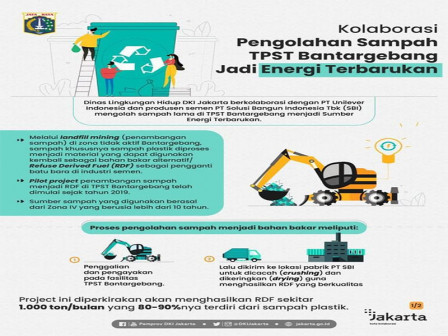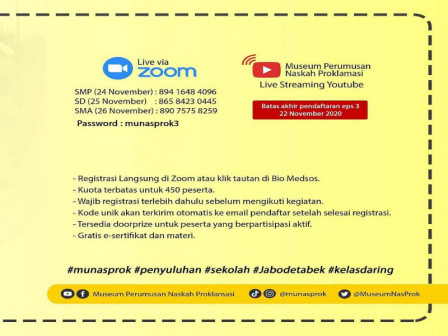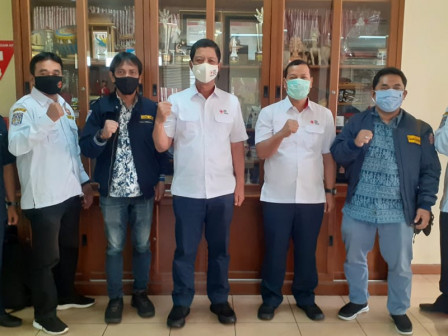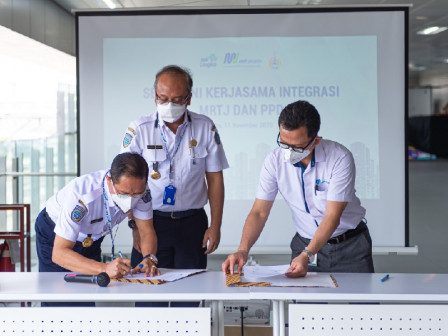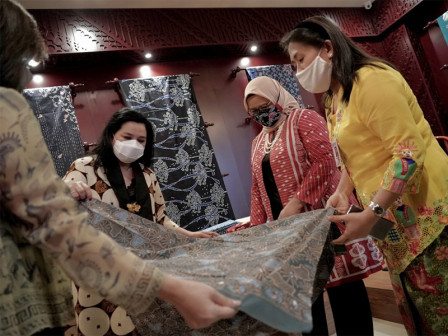City-PT Unilever Indonesia Collaborates to Process Bantargebang Waste into Renewable Energy
Reported by Aldi Geri Lumban Tobing | Translated by Nugroho Adibrata
Jakarta Environment (LH) Agency cooperates with PT Unilever Indonesia and cement producer PT Solusi Bangun Indonesia (SBI) Tbk process old waste at the Bantargebang Landfill into a renewable energy source.
It is estimated to produce around 1,000 tons of RDF per month
Jakarta LH Agency Acting Head Syaripudin explained, cooperation was in the form of landfill mining or waste mining, especially plastic waste.
He explained the waste would be used as material for alternative fuels or Refuse Derived Fuel (DRF) as a substitute for coal in the cement industry. The mining location was in a zone that was no longer active.
PLTS Sebira Inauguration, City - PLN Collaboration Fulfills Residents Need of Electricity in Archipelago Areas"The source of waste used comes from zone IV which is more than 10 years old, 80 to 90 percent of which consists of plastic waste," he told, Tuesday (12/1).
According to him, the processing waste into fuel included digging and tearing at the landfill facility. Then it was sent to the PT SBI factory to be chopped and dried to produce high quality RDF.
"It is estimated to produce around 1,000 tons of RDF per month," he told.
He added that RDF was used as a substitute for coal fuel for the production of the cement industry or power plants.
As for the information, the waste in Bantargebang are more than 50 million cubic meters and the delivery of waste reaches 7,800 tons per day.
"In future, we'll also collaborate with power generation companies in order to use this RDF alternative fuel. It aims to extend the life of the Bantargebang," he stated.

